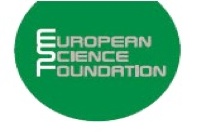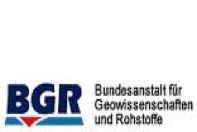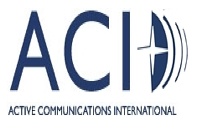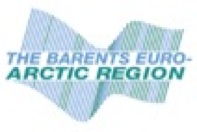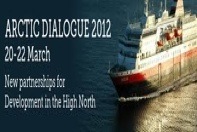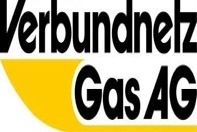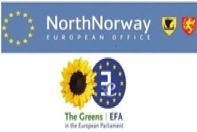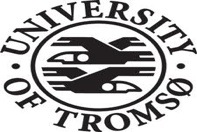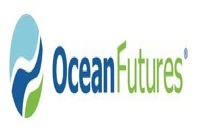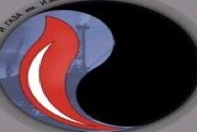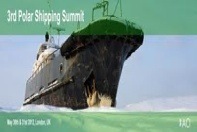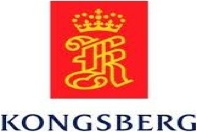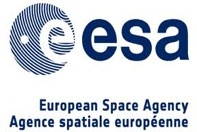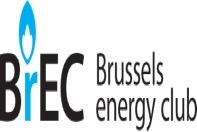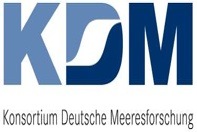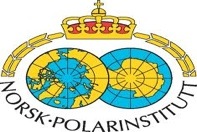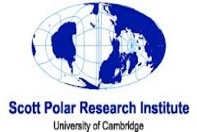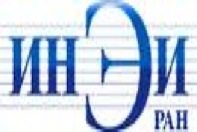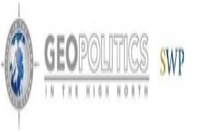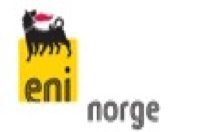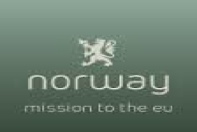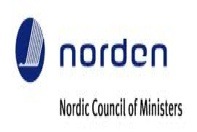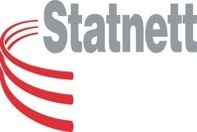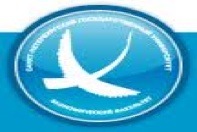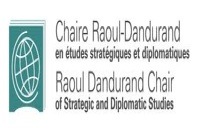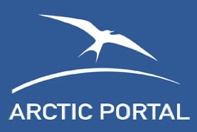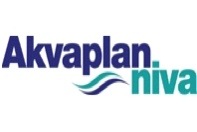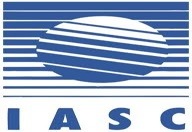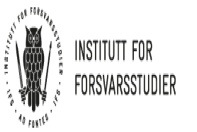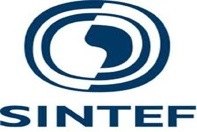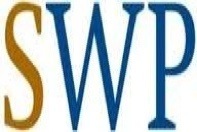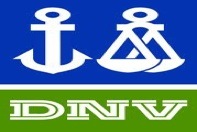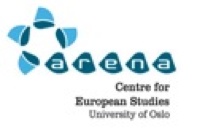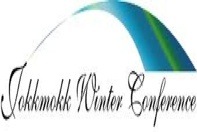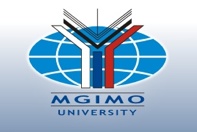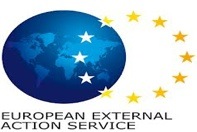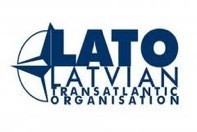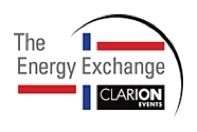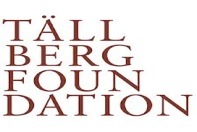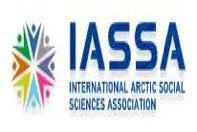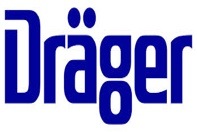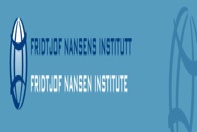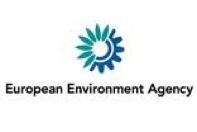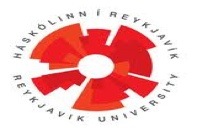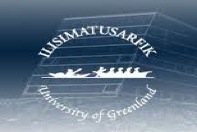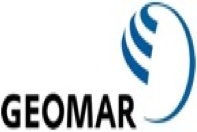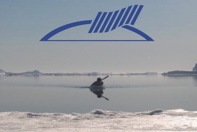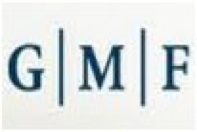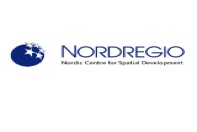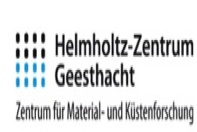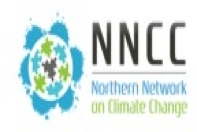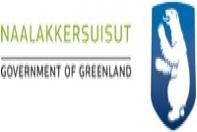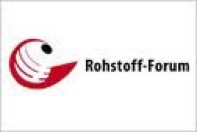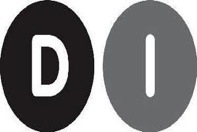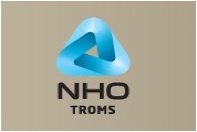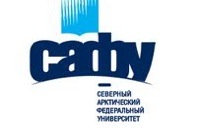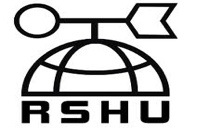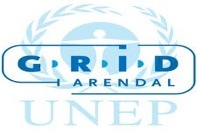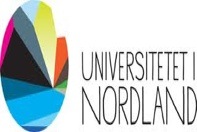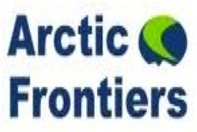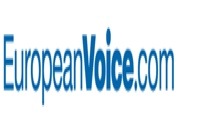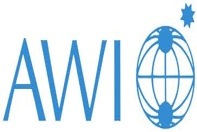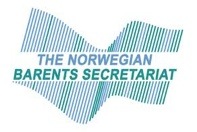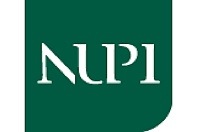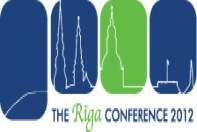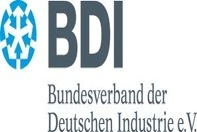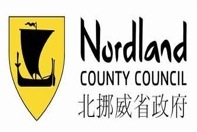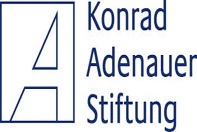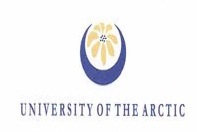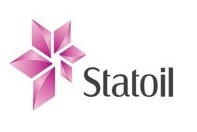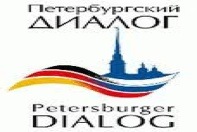Barents Cooperation on the growing EU-Arctic agenda
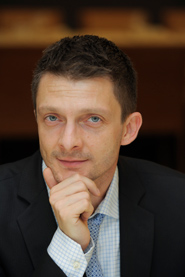 Interview with Steffen Weber, Secretary General of EU ARCTIC Forum in “Barents Saga.”
Interview with Steffen Weber, Secretary General of EU ARCTIC Forum in “Barents Saga.”
Perhaps a shift in policy is a too strong word to use, but it is clear that the North is getting a lot more attention these days than only a few years ago. The European Council conclusions in December 2009 mark a start of drawing up a policy on Arctic issues addressing EU interests and responsibilities in the Arctic. This has opened up a ‘window of opportunity’ for the Barents Cooperation to fill the sometimes wide gaps of knowledge among decisions makers about the European North.Lately, the Chairmanships of the Barents Euro-Arctic Council and the Barents Regional Council together with the Troms County Council have been very active in the European Parliament to raise Barents issues and be in the forefront on having an impact on the EU-Arctic Strategy. A seminar on non-energy raw materials (separate article in this BarentSaga issue) in the Barents Region took place in March 15 and was chaired by Carl Bildt, the Minister of Foreign Affairs of Sweden.
In Cooperation with the EU ARCTIC FORUM in Brussels both a political round table and an open seminar discussion, aimed at strengthening the cooperation between the EU and the Barents Region, took place. They were co-chaired by Pia Svensgaard, Troms County Governor, and Birgit Schnieber-Jastram MEP, Chair and Steffen Weber, Secretary General of the EU ARCTIC FORUM.
“The Troms County Council chairmanship of the Barents Regional Council has worked hard to bring the Barents Region closer to the EU promoting the regional view focusing on items of common interest. It is my hope that future Chairmanships will take further steps in this active dialogue”, says Pia Svensgaard Chair of the Barents Regional Council, and Troms County Governor.
In the myriad of lobby events in Brussels it is not that easy to attract attention, but Steffen Weber, Secretary General of the EU ARCTIC FORUM, cooperation partner of the Barents Regional Council, confirms that both events in the Parliament this spring were very well-attended and were useful for raising the awareness about the North.
“Africa and other geopolitical regions of the world have been on EU agenda for a long time, but the Arctic has been neglected and only dealt with on a fragmented basis, sometimes only paying attention to environmental and climate changes issues, sometimes only to other issues like security, despite the facts that this large area is a geographical part of Europe and some parts are also part of the EU”, says Mr. Weber.
The EU ARCTIC FORUM, is a Brussels truly cross-party and cross-committee platform on the Arctic, cooperating with leading members of parliament from all the major groups in the European Parliament. BarentSaga asked Mr. Weber to elaborate on a few questions about the development of the EU-Arctic Strategy.
What is the role of the EU ARCTIC FORUM?
“The Forum was established in the beginning of 2010 for several main reasons. It serves as a meeting platform for exchange of views for all of those who are interested in the wide range of Arctic issues. The EU Arctic Forum has provided a platform for input of expert knowledge just as much as regional experience and stakeholders interest into the political processes in the EU, and thus developed into a political driving engine particularly discussing and debating the Report of the European Parliament on the High North, constituting a major step in the formulation of a holistic EU Arctic Policy.
I have as Secretary General of the EU ARCTIC FORUM participated in the Arctic Frontiers in Tromso, as well as in many other conferences and meetings on and in the Arctic, and we frequently receive delegations from the Northern Regions. You could say that the Forum also functions as a think tank for Arctic issues”.
What are the features of the process in developing the EU-Arctic Strategy?
“The point of departure for the EU Parliament was to negotiate an Arctic Treaty, but the Parliament then took steps to recognize the existing legal framework. It is clear that there has been a great interest in discussing and influencing the agenda as there were as many as 200 amendments and a large number of compromise amendments in the Foreign Affairs Committee of the Parliament. Both Norway and Canada as well as Arctic organizations, both regional and sectorial (science, environment et al) and business representatives have been involved and suggested issues to be included in the preparation of the Parliament’s work. Russia has taken part in some of the debates but else with a more cautious observer role”.
What are the dominating fields of interest?
“The many aspects of climate change and its effects are of course one prioritized field. But it is an all comprising strategy with a holistic approach on EU’s role in the High North. Strategic issues are also of great concern for example based on the experiences of dependency on only one major source of natural gas”.

